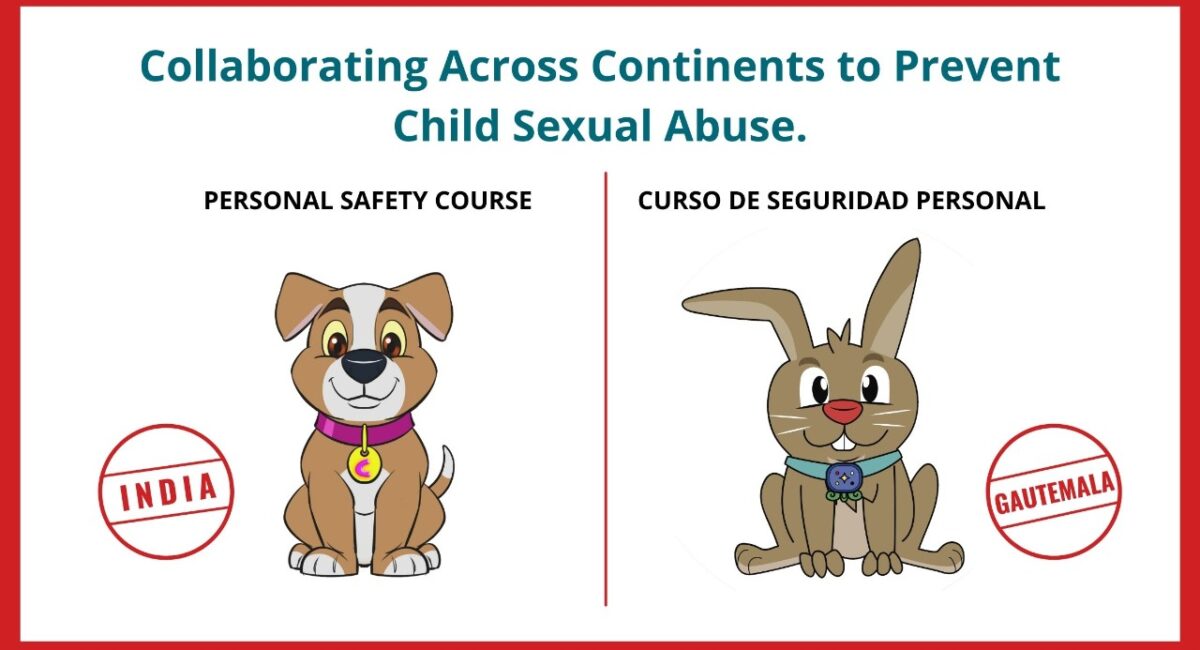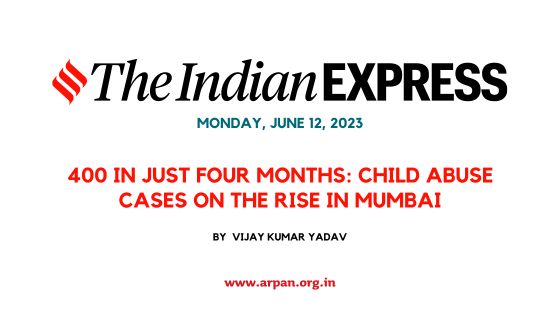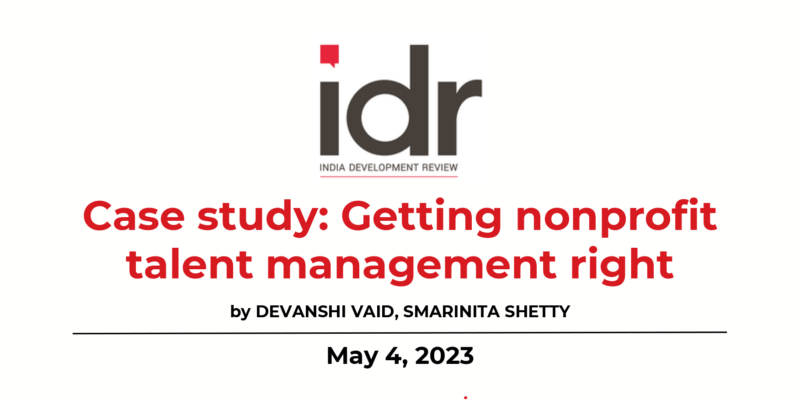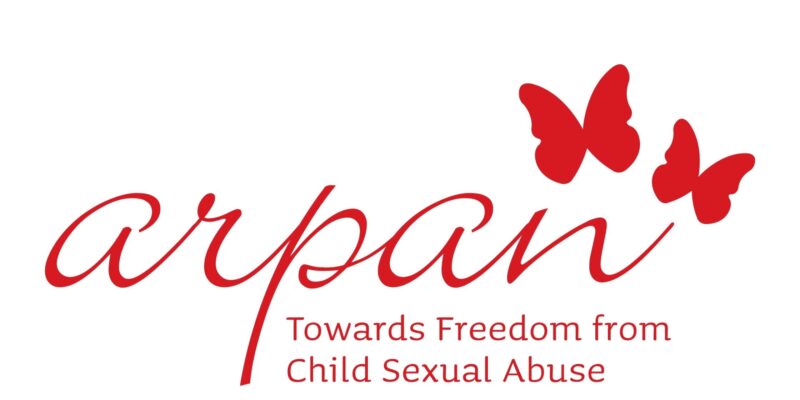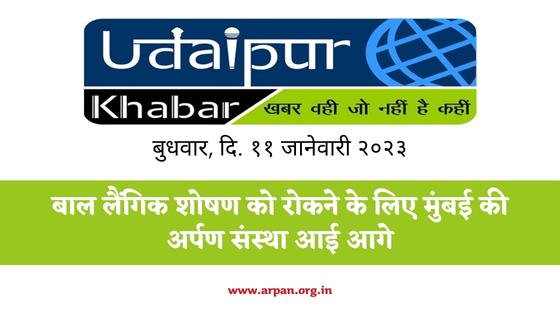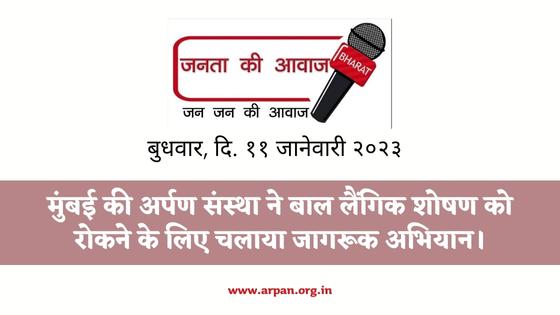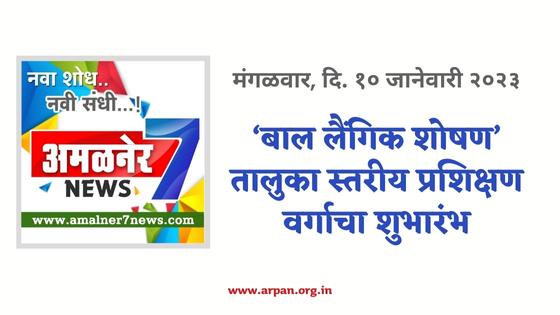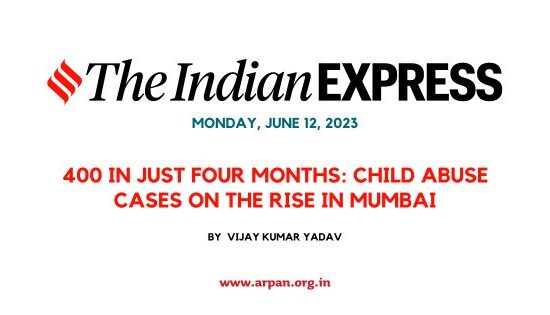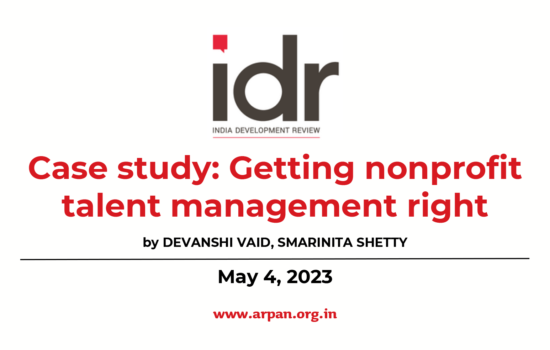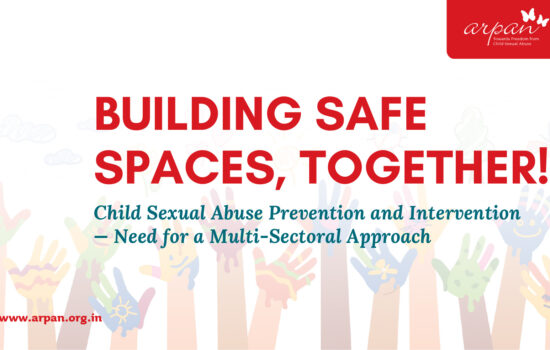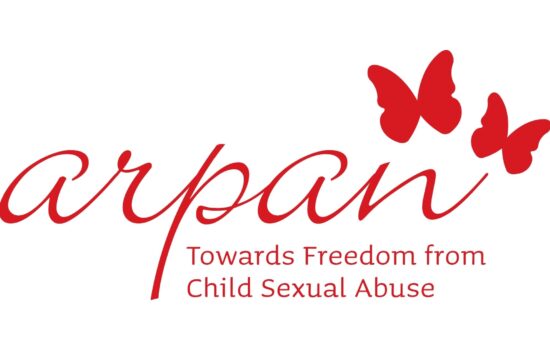For the past four years, GFC partners Asociación Pop No’j in Guatemala and Arpan in India have worked together to educate children, caregivers, and teachers about child sexual abuse prevention.
In 2017, a visit to an organization in Mumbai, India, sparked a collaboration that has empowered children on the other side of the world.
As part of a convening hosted by Global Fund for Children, Juan José Hurtado, the Director of the Guatemalan organization Asociación Pop No’j, was visiting the office of Arpan, which works to prevent child abuse. He was impressed with Arpan’s educational materials for children.
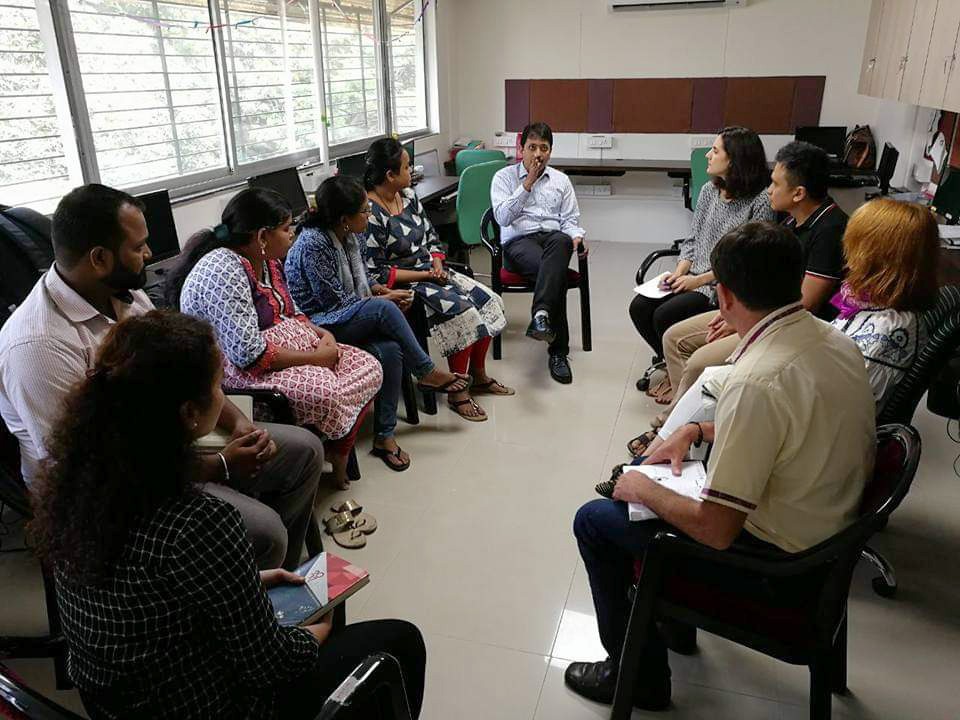
“They impacted me because it’s a simple message, very simple, which if children learn it can really help them in their lives forever,” Juan José said.
Arpan and Pop No’j were both part of GFC’s Step Up initiative, which brought together local leaders from around the world to foster long-term capacity development. Juan José kept in touch with Arpan founder and CEO Pooja Taparia after the convening and asked her if Pop No’j could adapt some of Arpan’s materials for children in Guatemala. Pooja immediately agreed.
With Arpan’s guidance, Pop No’j translated the My Little Body Book, designed to teach young children the difference between safe and unsafe touch, into Spanish and the Indigenous languages Mam and Poptí.
Pop No’j, which promotes the social inclusion and empowerment of Indigenous communities in Guatemala, had done work around sexuality education with adolescents. But the organization hadn’t broached this topic with younger children, and the book, titled Mi Pequeño Libro del Cuerpo in Spanish, enabled Pop No’j to expand its work.
Partnering with Pop No’j to adapt the book “was a great experience,” Pooja recalled. “It went very smoothly.”
The collaboration between Arpan and Pop No’j didn’t end there. Pop No’j recently adapted one of Arpan’s online courses designed to teach children about preventing sexual abuse. Pop No’j translated the course – which Arpan offers in English, Hindi, and Marathi – into Spanish and modified it for a local audience.
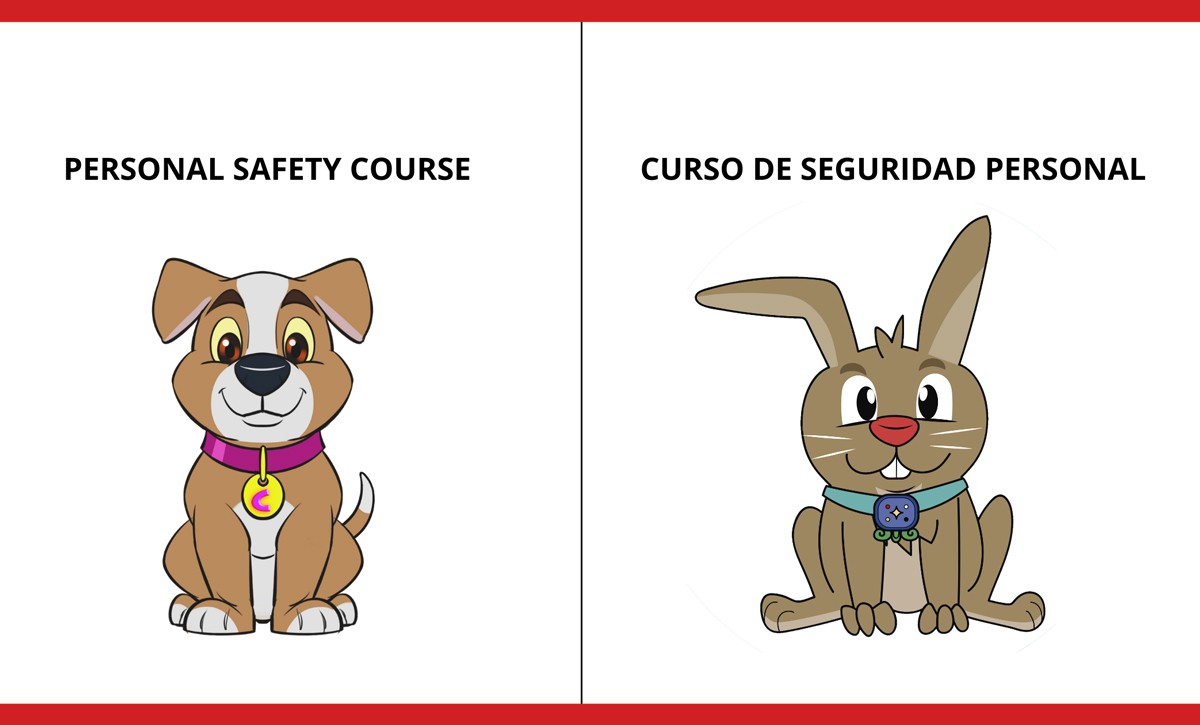
The course, which was designed for children aged 8 to 10, delves into topics such as safe and unsafe touch, how to say “No,” and how to get help from a trusted adult. It’s free to use and includes games and exercises, as well as a guide for parents and teachers.
To adapt the course for the communities it serves, Pop No’j changed the setting and the characters. The two main characters, Neha and Aamir, became Francisca and Alonzo, and the guide, a dog named ChiSa, became a rabbit called Tío Conejo. Pop No’j chose a rabbit because rabbits are portrayed as clever animals in Guatemalan folktales.
Collaborating on a digital course proved more complicated than working together to bring a book to Guatemalan audiences. Arpan and Pop No’j were in frequent communication to iron out the details.
“There were periods where they became very busy or we became very busy, so it got delayed, but I think the intent to see this through has been very strong,” Pooja said.
Pop No’j launched the Spanish version of the course, which was adapted with financial support from GFC, in July 2021. The organization is currently training teachers to use it in their classrooms and trying to figure out how to make it more accessible to children in rural areas who don’t have reliable computer and internet access.
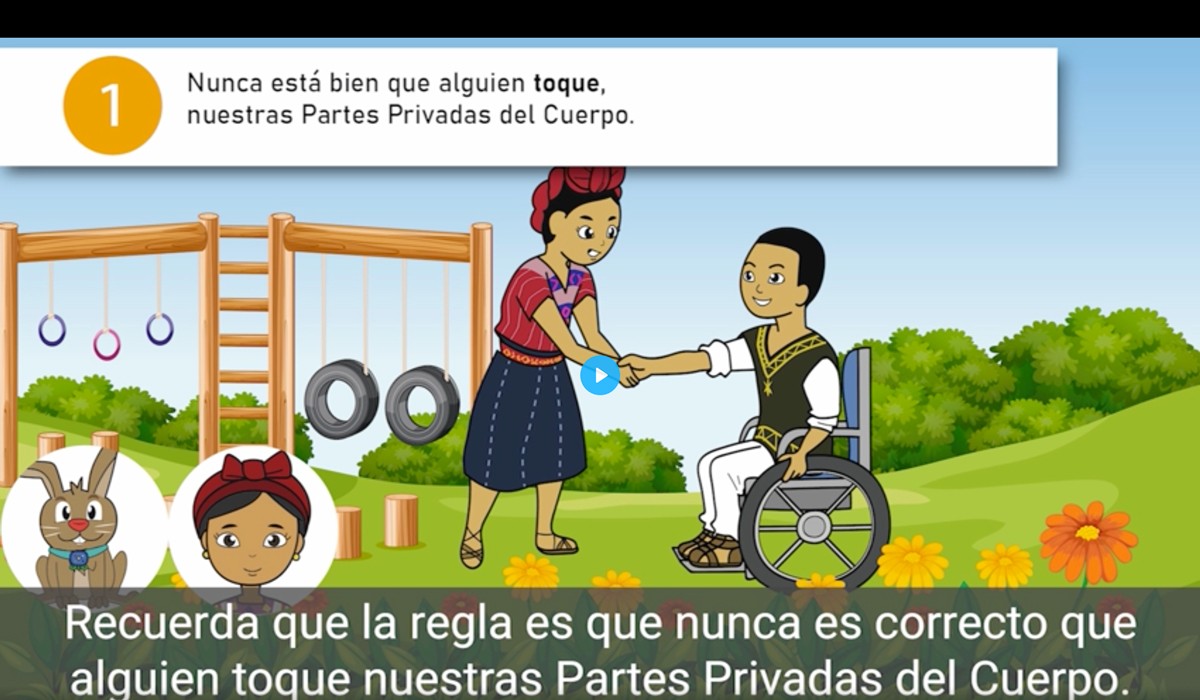
In India, where Arpan first developed the course four years ago, over 93,000 children, caregivers, and teachers have completed it.
Partnering with Pop No’j strengthened Arpan’s conviction in the power of collaboration.
“I think it benefits children at large simply because organizations like Arpan have had a lot of experience working on this issue,” Pooja said. “Child sexual abuse is not so different country to country.”
“I think there’s a huge opportunity for organizations to piggyback on expert content and take it ahead,” she added.
Juan José agreed. “Many times, we don’t take advantage of what already exists, and we want to start from zero,” he said. “Even though every country has its specific characteristics, different cultures and languages, sometimes we think we’re more different than we really are.”
After seeing the success of their collaboration, Arpan and Pop No’j are eager to partner with other organizations.
Pop No’j is currently collaborating with another GFC partner in Guatemala, Coincidir, to share the sexual abuse prevention course with more children.
Arpan recently worked with the Center for the Prevention and Treatment of Child Sexual Abuse in the Philippines to adapt digital content for a Filipino audience, and is currently working with an Indian organization called Pratham to translate its courses into 11 regional languages.
“I don’t think the sector can operate in silos,” Pooja said. “Collaboration is the key to success and the change we want to see in the world.”
Source : Global Fund For Children

